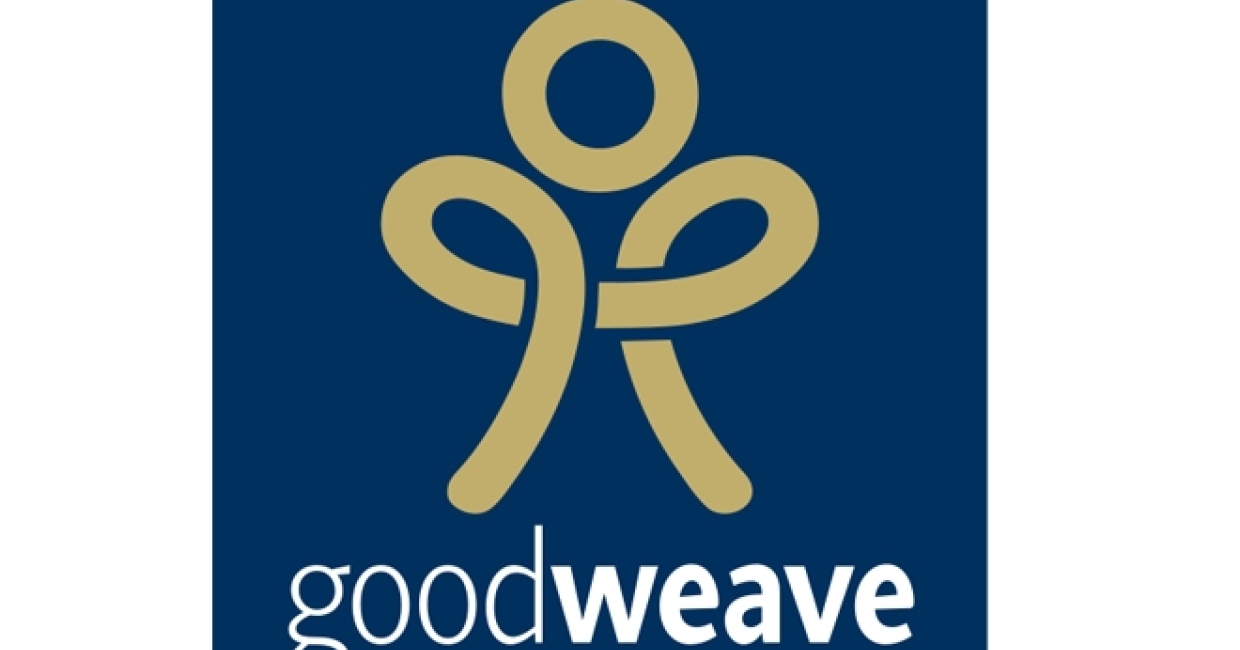The Modern Day Slavery Act has just been given Royal Assent. From October 2015, this will mean that any British business with a turnover of more than £36m (globally) will have to report annually on their efforts to ensure that slave labour is not used in their supply chains. It is estimated this will mean around 12,000 British businesses will have to comply.
Nina Smith, executive director of GoodWeave, the organisation which works to end child labour in the rug industry and runs the GoodWeave rug labelling scheme, says: “Supply chain transparency and responsibility are what GoodWeave is all about, particularly concerning child labour and trafficking. We applaud this important step taken by Parliament.”
The Act states that it is relevant to any organisation carrying on business in the UK, regardless of where it is incorporated. It covers offences relating to human trafficking and slavery and Part 6 specifically covers transparency in supply chains. Each qualifying company will have to make an annual statement to include such aspects as:
- its policies in relation to slavery and human trafficking
- any due diligence processes in relation to slavery and human trafficking
- identifying where there is a risk of slavery and human trafficking taking place in the supply chain and the steps it has taken to assess and manage that risk
- how effective it is in ensuring that slavery and human trafficking is not taking place in its business or supply chain
Alternatively, the company can choose to state that it has not taken any action, and risk negative publicity.
GoodWeave runs the international GoodWeave certification label, which requires producers and exporters to ensure no child labour is used in the production of rugs. It operates in the major rug producing countries of India, Nepal and Afghanistan, where producers often sub- contract out production to small workshops and home based workers. The GoodWeave certification involves unannounced random inspections of producers and their sub- contractors by local inspectors, to verify compliance. GoodWeave is also phasing in an Expanded Standard, which is designed to address issues such as fundamental human rights and environmental impacts in the rug industry.
Nina highlights the relevance of GoodWeave’s certification scheme to the new Act: “GoodWeave licensed companies already have a rigorous due diligence in place to ensure no child or forced labour in their supply chains. They are therefore able to share with consumers the standard to which their rug producers comply, as well as the thorough inspection, monitoring and remediation processes which back it up. The GoodWeave numbered certification label on the back of a rug is the visible proof."









